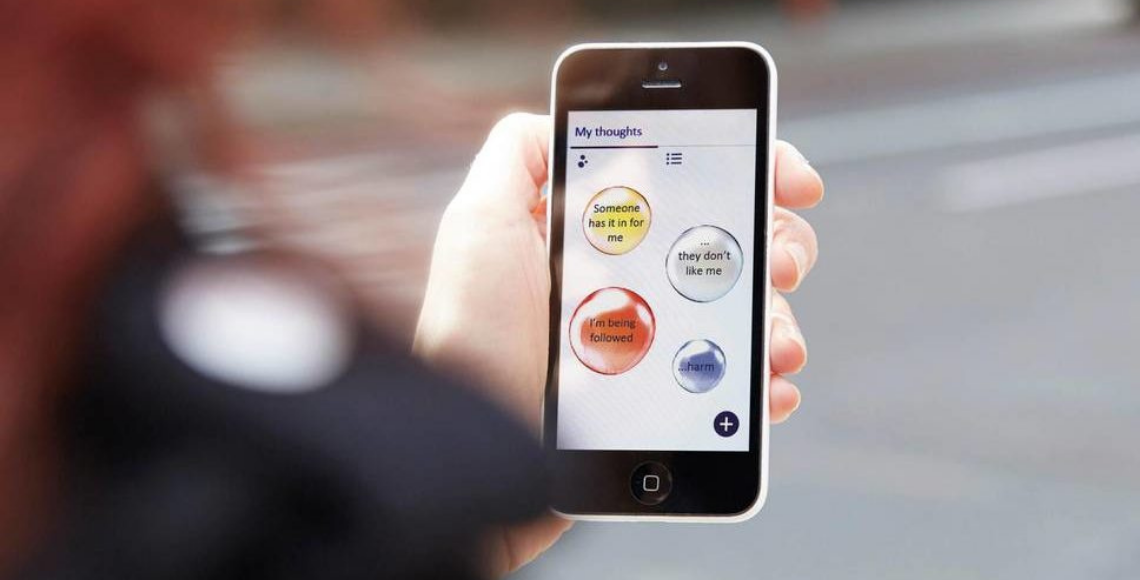SlowMo: Improving paranoia with blended digital therapy
Paranoia, or fear of deliberate harm from others, is among the most common symptoms of psychotic disorders placing a high burden on patients’ lives and their families.
Existing treatments, including medicines and psychotherapies, have significant limitations in patient engagement and effectiveness. Antipsychotic medication is the mainstay of treatment; however, distressing symptoms persist in 30-50 per cent and many discontinue treatment.
Psychological therapies, such as cognitive behavioral therapy for psychosis (CBTp), have been shown to improve paranoia to some extent. The effectiveness of CBTp needs to be improved, and more patients need to have access to it.
Targeting 'fast thinking'
SlowMo is an innovative digital therapy developed to transform psychological therapy for paranoia. It targets a specific process (the ‘active ingredient’) that evidence shows fuels paranoid thinking. This ingredient is ‘fast thinking’ - forming rapid judgements and limitations in reviewing them. SlowMo is designed to help patients to slow down for a moment, encouraging awareness of a tendency to jump to conclusions and find new ways of feeling safer.
Human-centered design principles were employed to improve the experience of therapy and to address health care inequalities. SlowMo was originally developed over three years through a collaboration of individuals with lived experience, industrial designers, software developers, clinicians, and researchers. It consists of a web app to support face-to-face individual therapy sessions, which is synchronised with a mobile app for use in daily life.
Interacting with thought bubbles
SlowMo offers a new way of visualising and interacting with thoughts — as bubbles. Patients interact with their personalised SlowMo thought bubbles using a touchscreen, altering speed, size, and transparency to reflect thinking habits, distress, and conviction.
SlowMo has been iteratively developed over 10 years, shown to be effective in pilot studies, and now in a large-scale UK clinical trial. SlowMo improved paranoia by the end of treatment. These positive effects were sustained or grew over six months, with benefits also in other areas, including self-concept, wellbeing, and quality-of-life. There was excellent user engagement, across ages and ethnicities.
With evidence for SlowMo’s efficacy, safety and usability, it is now registered as a Class I Medical Device (UKCA mark). We will now revise SlowMo further using user feedback and establish a commercialisation route to optimise roll-out in mental health services.
IMPACT AREAS:
Involving Patients in Research | Novel Diagnostics and Therapeutics






